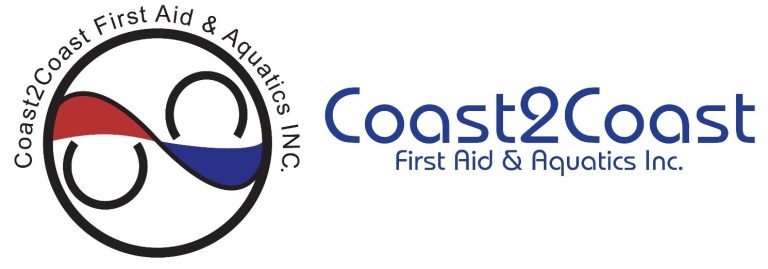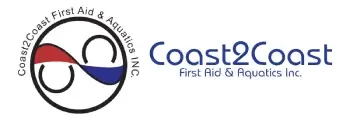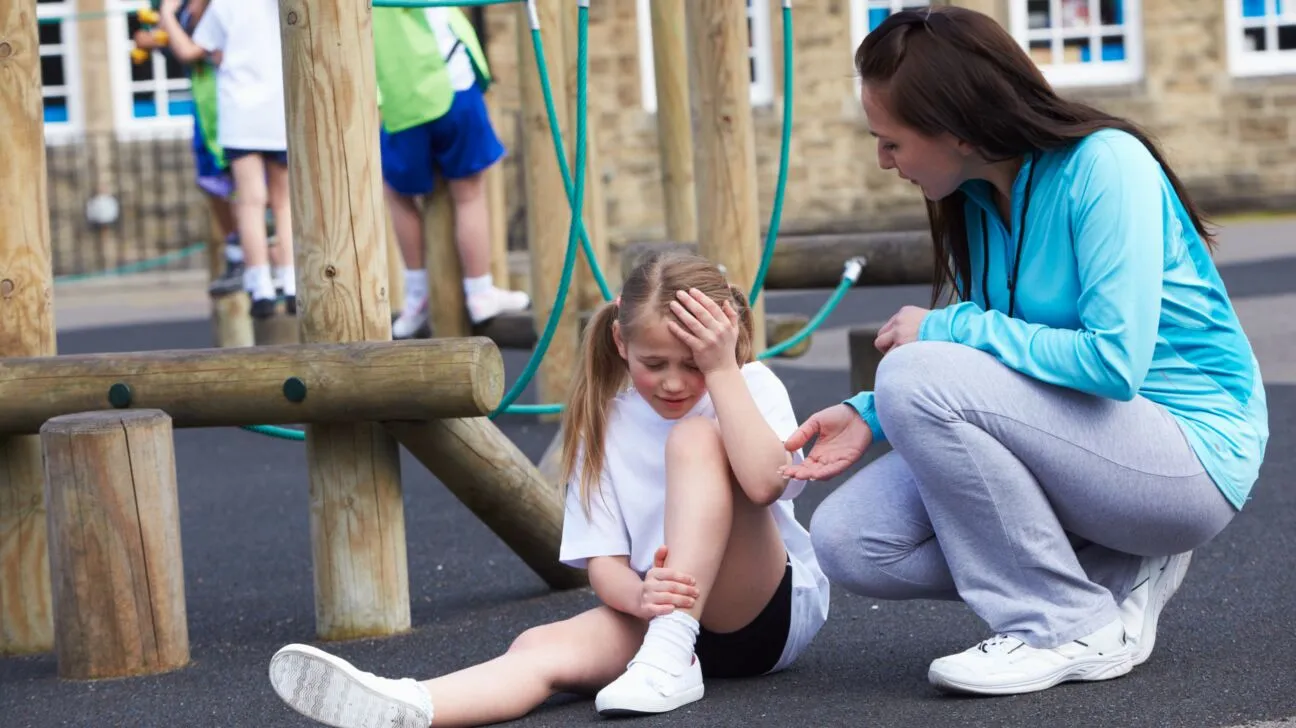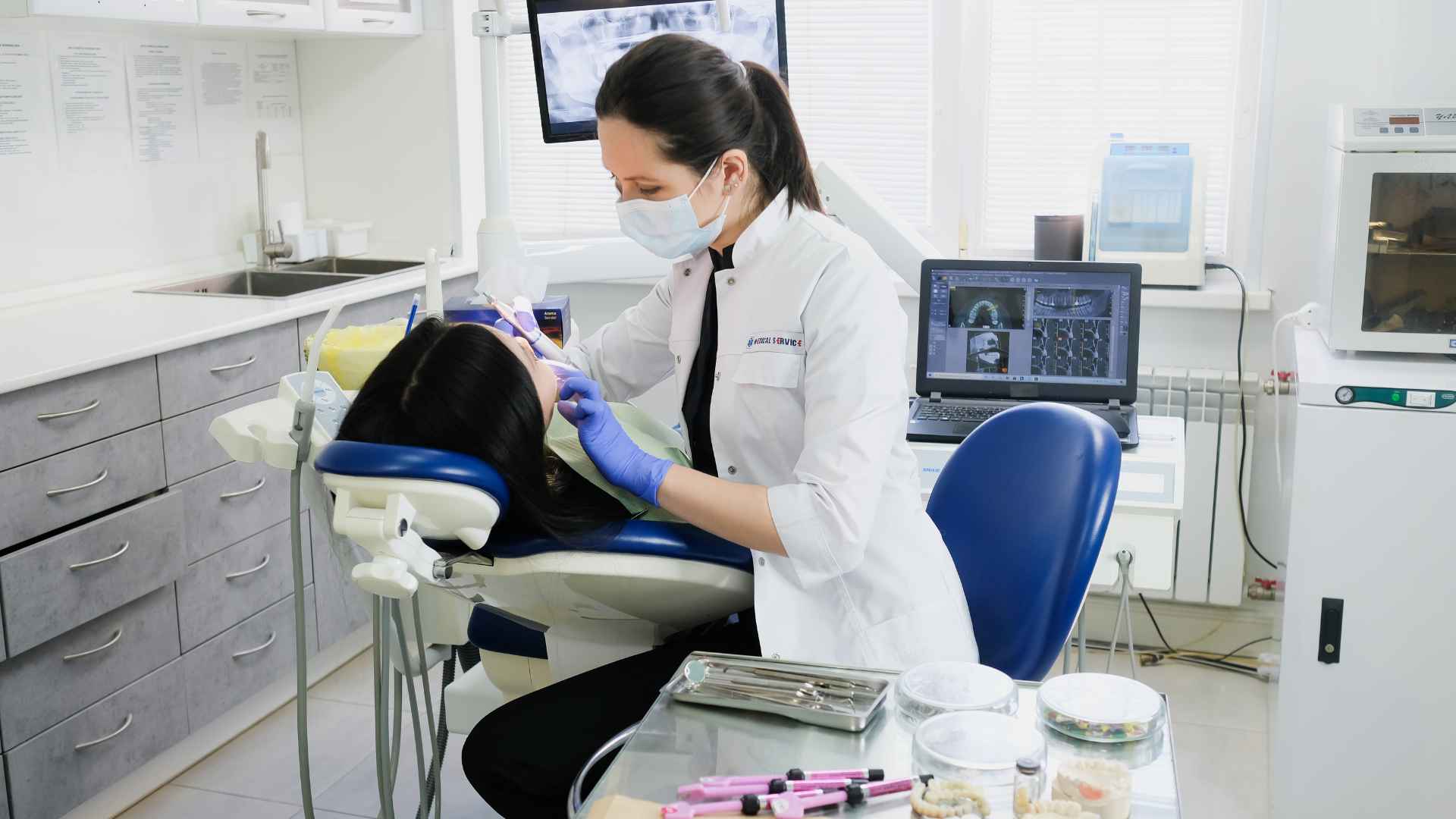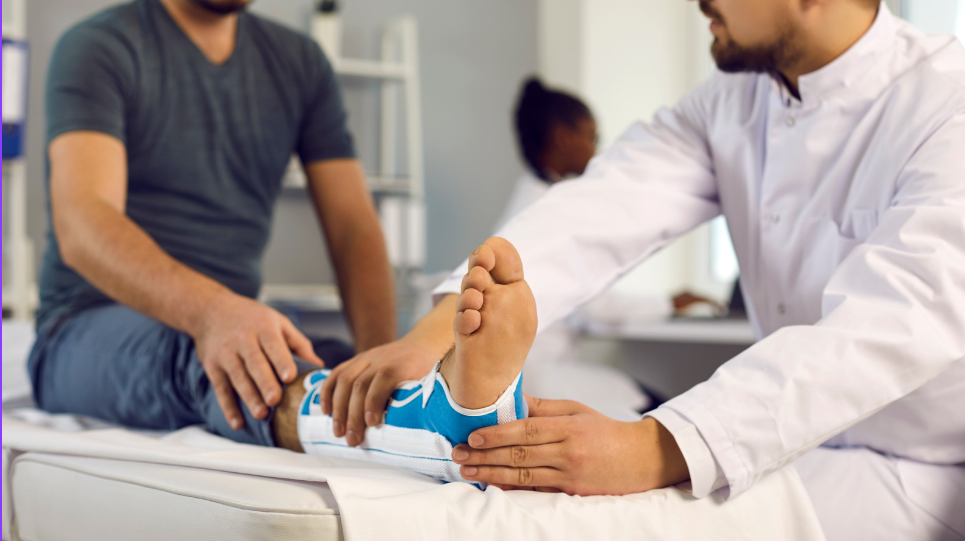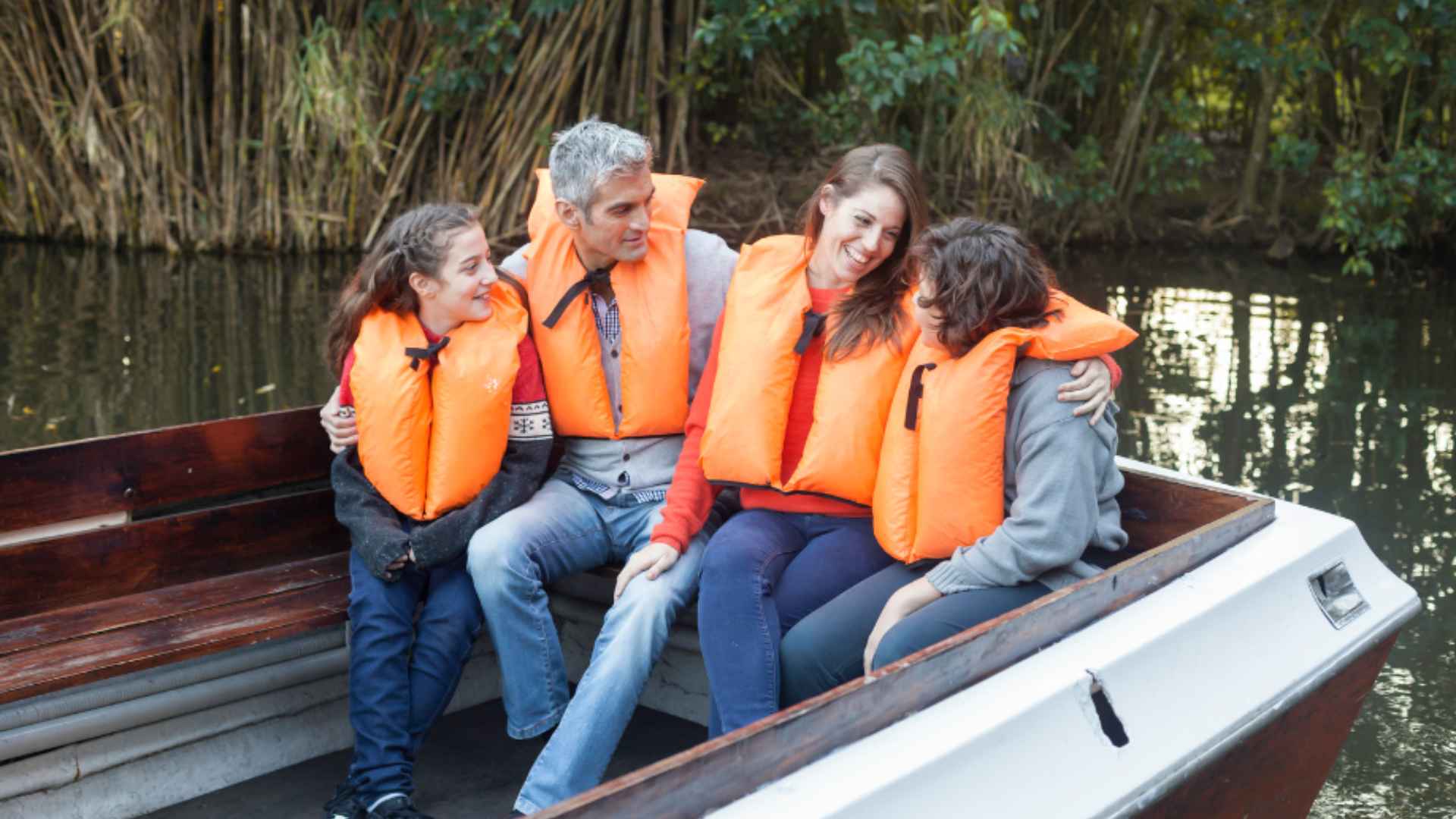As parents, we strive to provide a safe and nurturing environment for our children. We childproof our homes, educate them about potential dangers, and take precautions to prevent accidents. However, despite our best efforts, unexpected mishaps are inevitable in childhood. From minor cuts and scrapes to more severe injuries and illnesses, children are particularly vulnerable to a wide range of health risks. In those critical moments, when your child's well-being hangs in the balance, possessing first aid skills can make all the difference.
Coast2Coast First Aid & Aquatics Blog
Sports are exciting! The thrill of victory, the thrill of teammates – it's all part of the magic. But along with the excitement comes the risk of injury. From minor scrapes to more severe emergencies, being prepared for First Aid in sports is crucial to keeping athletes safe and in the game.
Workplace safety is paramount for both employees and employers. While prevention is key, accidents can still happen, and being prepared to respond promptly and effectively can make all the difference. That's where workplace first aid training comes in. It goes beyond simply knowing how to apply a bandage; it trains employees with lifesaving skills and creates a safer work environment overall.
Summertime is here, and the urge to travel is in the air! Whether you're planning a relaxing getaway to a serene cottage or an adventurous expedition to a far-off country, the thrill of exploring new places is undeniable. But as we all know, even the most well-planned trips can sometimes lead to unexpected events. Here's when first aid tips for travellers come in.
While your expertise lies in the intricacies of dental care, have you ever paused to consider the critical role that First and CPR knowledge and skills play in ensuring the well-being of your patients and staff? Dental offices, like any healthcare setting, are not immune to unexpected medical emergencies. From minor incidents like fainting to life-threatening events like cardiac arrest, the ability to respond swiftly and effectively can make all the difference. First Aid and CPR training for dental professionals in a clinic could help enhance efficiency, safeguard well-being and improve the overall reputation of the clinic.
Picture this: It's a hot summer day in Ontario, the sun is beaming, and your little one and all your friends are around the pool or lake, enjoying yourselves in the cool water. Instead of feeling anxious, you're relaxing, confident in the knowledge that they're safe and sound, thanks to the life-saving skills they've gained through swimming lessons.
Broken bones, also known as fractures, are a common injury that can occur in various situations, from sports accidents to falls. If the pain lasts longer than usual, it’s difficult to move the injured area, or there’s swelling, it could be a broken bone. Knowing how to provide immediate first aid for broken bones is crucial for minimizing pain, preventing further damage, and ensuring the best possible outcome for the injured person.
First Aid for Boaters is mandatory when going on a boating adventure in Canada's breathtaking waterways that is an experience like no other. Whether you're cruising serene lakes, winding rivers, or boating in the open ocean, prioritizing safety is paramount. This guide delves into the essential Canadian safety regulations every boater should know and equips you with practical first aid knowledge to handle on-water emergencies confidently.
With great adventure comes great responsibilities.” Venturing into Canada's incredible wilderness is exhilarating, but adventure can be challenging at the same time. There might be a possibility where help is hours away. Here’s when remote first aid skills come to the rescue. Unfortunate events like accidents, mishaps or injuries could happen even in the most serene places. That is why it’s crucial to understand the situation and act accordingly, ensuring you have the necessary skills and supplies. Let’s discover the challenges that can arise in remote locations and how to prepare yourself to be a lifesaver.
